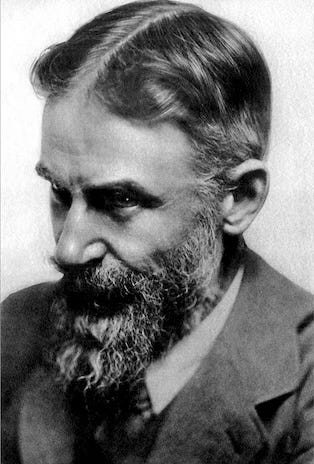
Home | Anecdotes | Articles | Digital Vault | Icebreakers | Programs | Quotations | Shop | Dashboard | Log in | Sign up
Quote for the Week
This week's quote is about teaching
Image created by Bing
"I am not a teacher: only a fellow-traveller of whom you asked the way. I pointed ahead - ahead of myself as well as you."
- George Bernard Shaw (1856-1950)
Members have access to the Learning Pages collection of over 500 quotations.
Check out today's Quote for the Day.
George Bernard Shaw

Become a member to access to our complete collection of over 500 quotations
About Learning Pages | Support us